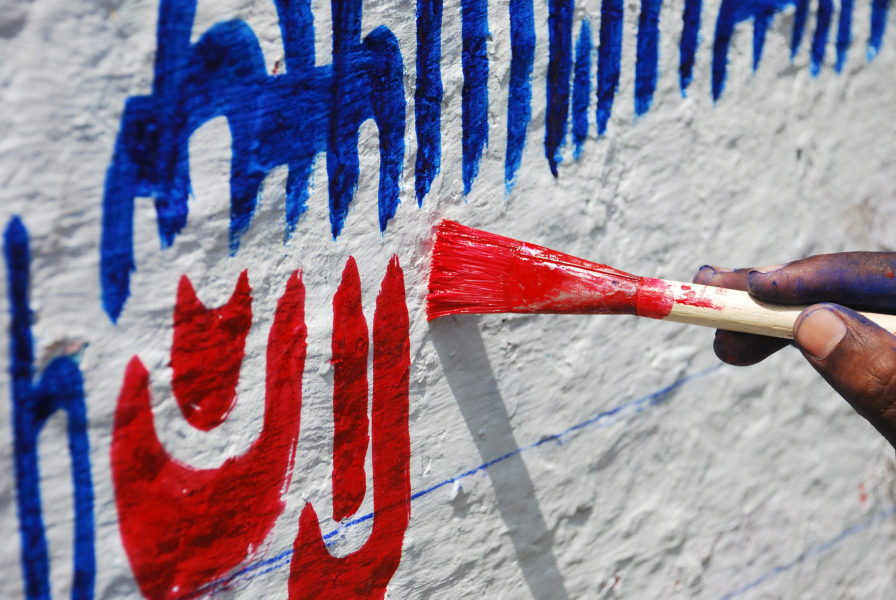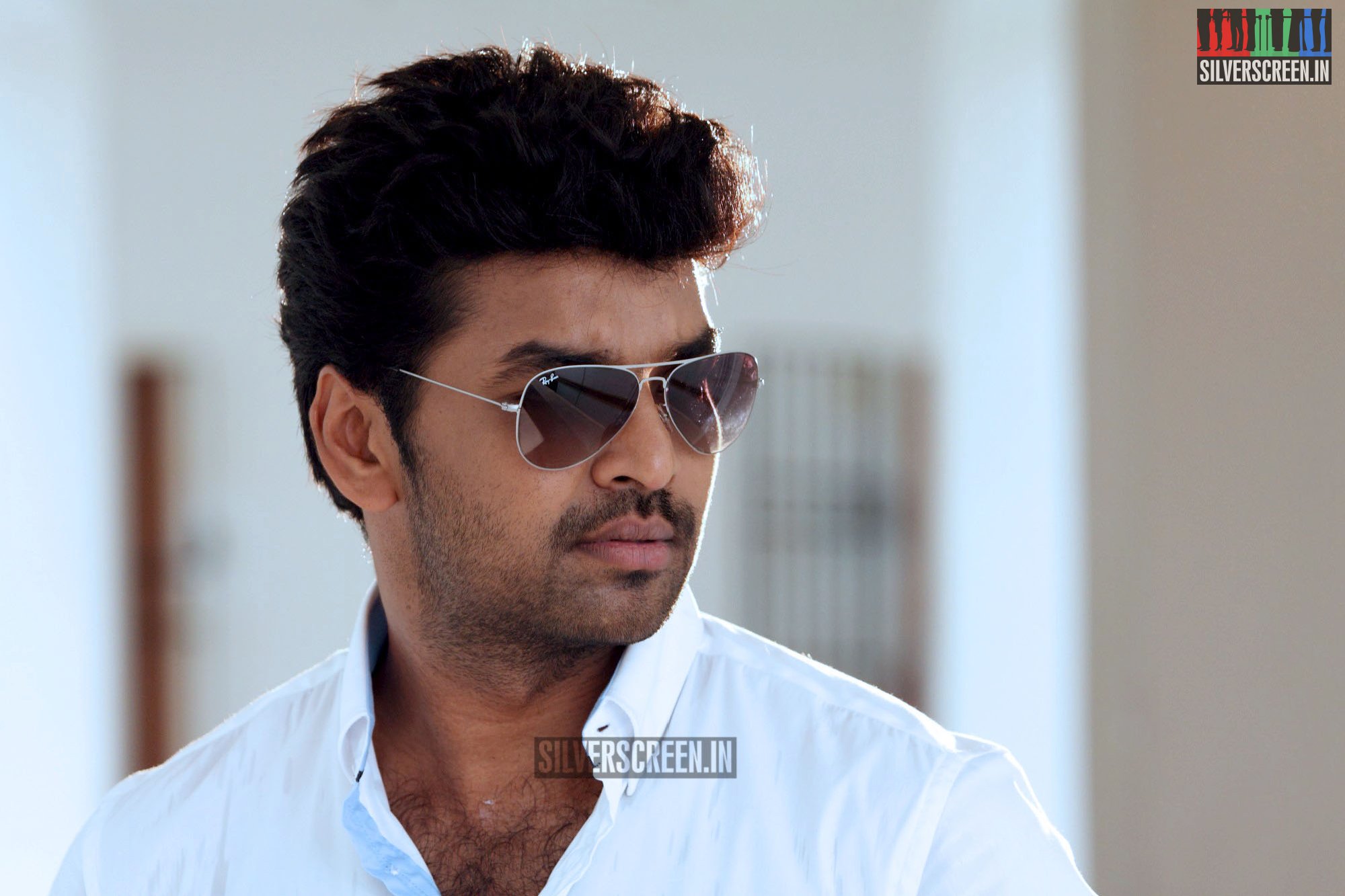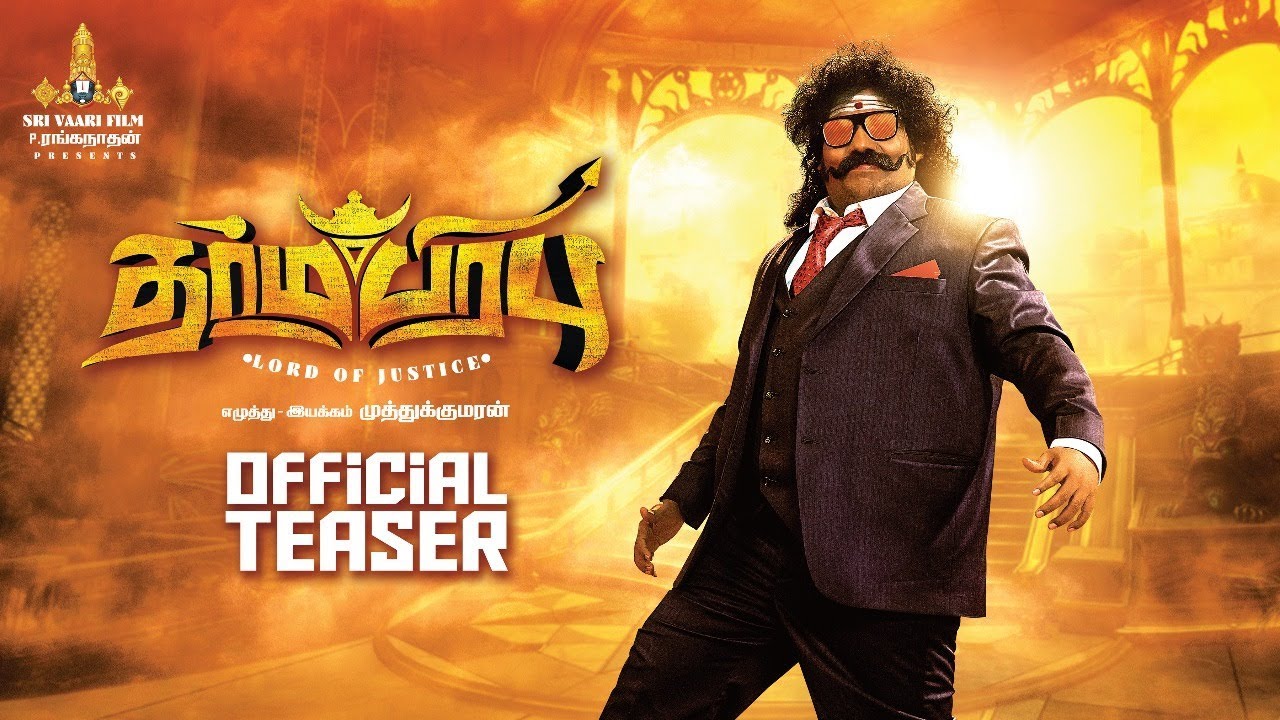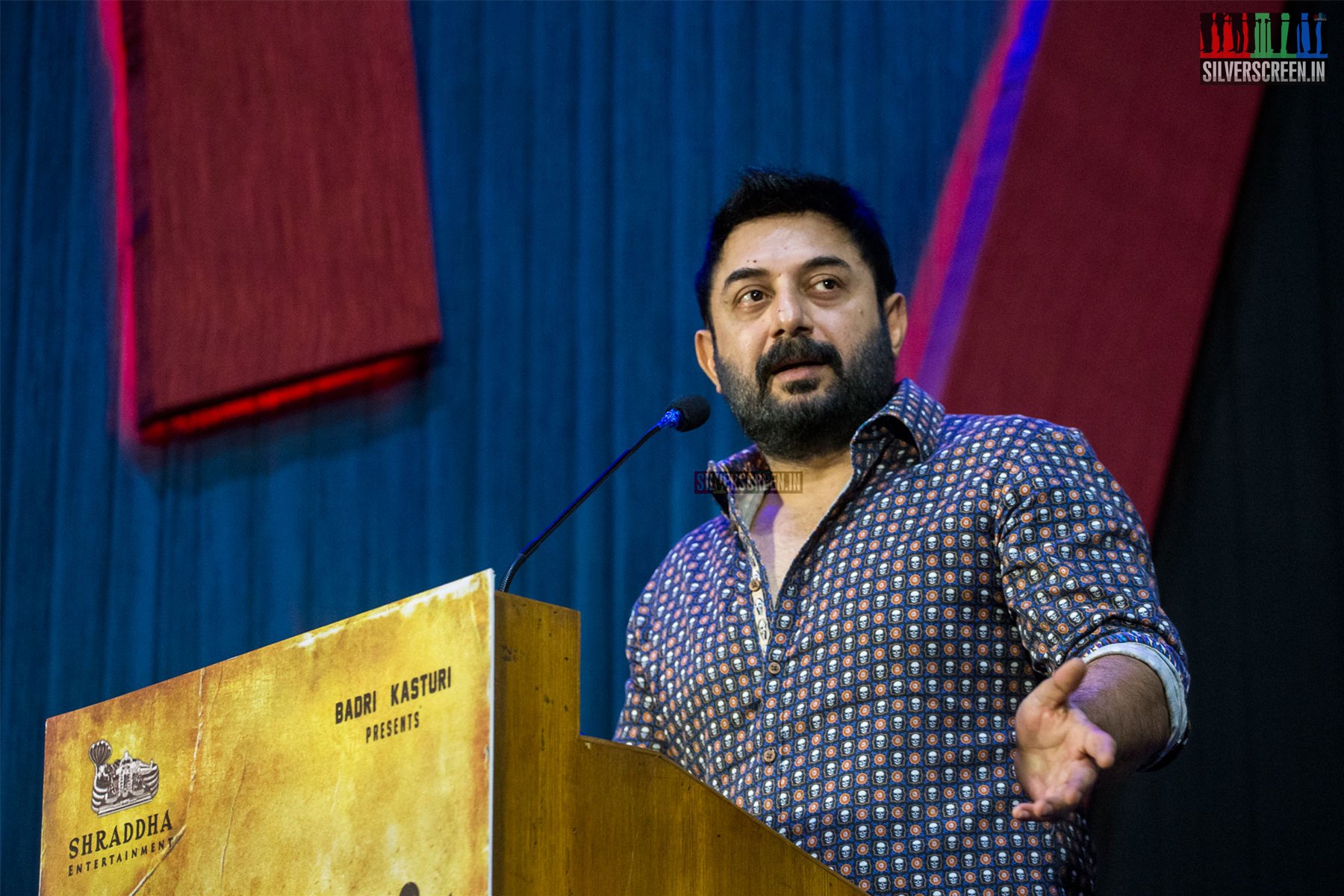On October 7, Edappadi K Palaniswami was declared the chief ministerial candidate of the All India Anna Dravida Munnetra Kazhagam (AIADMK) for next year’s Tamil Nadu’s Legislative Assembly elections.
Palaniswami will be the first person from a non-cinema background from the two major Dravidian parties to face the election as a chief ministerial candidate.
Though VR Nedunchezhian and O Panneerselvam- who don’t hail from a cinema background- were chief ministers for brief periods, they did not face the elections as potential heads of state.
Even as the rise of Palaniswami- hailing from a family engaged in agriculture- is seen as a marked change, analysts feel that it is too early to write off the link between cinema and politics in Tamil Nadu, although cinema personalities may not have it easy.
Dravidian politics and cinema

history
Credits: Flickr under Creative Commons
Tamil cinema has always had a symbiotic relationship with politics, particularly with the rise of the two Dravidian parties – Dravida Munnetra Kazhagam (DMK) and AIADMK.
From Parasakthi – that had groundbreaking dialogues with rationalist ideologies to both subtle and overt political references in many of AIADMK founder MG Ramachandran’s films- Tamil cinema has been an effective vehicle to propagate ideals of Dravidian parties.
Though movies were used to invoke nationalist spirit both in the pre-Independence era as well as in the early years after Independence, cinema and its association with politics was largely looked down upon by many in the Congress leadership, like C Rajagopalachari.
Unlike the Congress, the DMK actively tried to transform cinema as a vehicle to mobilise the masses in its favour. Even as Congress leader and then chief minister K Kamaraj was miffed at DMK’s aspirations in rising to power and had quipped: “How can there be a government by actors?”, the DMK made history by winning the elections in 1967. CN Annadurai- its leader, an efficient orator and writer who has penned scripts for movies- was sworn in as the chief minister.
Since then, the DMK and later the AIADMK were always led by cinema personalities. Even DMK president MK Stalin, the other key chief ministerial candidate, has starred in at least two films.
Political commentator R Kannan, who has written biographies of Annadurai and MGR, says: “It is too early to discount cinema’s place or influence in Tamil Nadu’s politics.”
He points out that while there have been many attempts, Desiya Murpokku Dravida Kazhagam (DMDK)- founded by actor Vijayakanth- was the only party that came close to challenging the dominance of the DMK and AIADMK.
Actor Kamal Hassan’s Makkal Needhi Maiam managed to finish at a distant third in last year’s Lok Sabha elections.
With Rajinikanth still appearing ambivalent about his entry to politics, Kannan believes that the disenchantment with politicians makes actors like Rajinikanth look relevant. “Palaniswami has managed to rise to top of AIADMK now, but it remains to be seen whether people want him as chief minister for next five years,” he said.
Present generation of stars
Analysts point out to the enthusiasm shown by some actors of the present generation towards political issues and the deliberate ambiguous expression of their political aspirations at times.
For instance, some of Vijay’s films hint at the actor’s possible political aspirations. From his entry in the film Bigil to the tunes of a popular song of MGR, to his character being called ‘CM’ (an abbreviation for Captain Michael) to addressing politically charged issues in the film, Vijay has projected an image as someone challenging the rights of the poor and being their saviour, exactly like MGR.
Actor Suriya had taken a stand on polarising political issues, including the National Eligibility-cum Entrance Test and amendments Environmental Impact Assessment legislation. His upcoming film Soorarai Poottru seems to strongly criticise casteism.
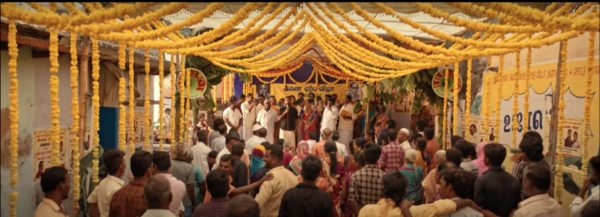
soorai potry
A shot from of the song Kattu Payala song from Soorarai Pottru shows the lead pair getting married as per the self-respect marriage rituals.
Udhayanidhi Stalin, established himself as an actor and a producer, before he became the DMK’s youth wing secretary; carrying the cinema-political lineage after his grandfather M Karunanidhi and father MK Stalin.
Tamil cinema is also seeing filmmakers addressing serious political issues, with Pa Ranjith being an important example.
Not that easy
However, in contrast to the previous decades, it will not be easy for actors to make a dent in politics now, say analysts.
“These actors and filmmakers ventilate the grievances of young people on screen. In turn, youngsters feel close to them and feel represented in the political sphere and society,” says political analyst V Maalan. He says that earlier, politics used cinema stars for its propaganda, but now, actors are using politics to bring people together. However, it is still too early to judge how far they can dive into politics like their predecessors, he says.
“Rajinikanth has a charismatic following. Despite having reached a stable position and being someone who can afford to gamble in politics, he is yet to test the waters and take a risk. If that is the case, young actors who have lesser fan following tend to be more careful before taking the plunge,” he says.
However, actors serve as a medium rather than message in the political arena, Maalan concludes.
Recommended
Political observer and researcher Raveendrean Dhuraiswamy says that cine stars cannot merely bank on their fame to become big in politics. “They may have the initial advantage of being able to pull the crowd to make them hear what they say. However, their cinema background does little help to further their political ambitions,” he says.
“Religion, politics and cinema, are some of the things that shouldn’t be mixed with each other. They are all different and a politician can be successful only when he serves his people,” senior DMK spokesperson KS Radhakrishnan says.
“PS Kumaraswamy Raja, OP Ramaswamy Reddiyar served as chief ministers during whose tenures we had initiated a lot of irrigation projects and thrived to achieve social justice among castes. And they were not from cinema backgrounds,” he says.
Radhakrishnan also reiterates that out of all states, Tamil Nadu has one of the biggest fanbases for cinema, leading to cinema serving as a crowd puller in politics.
